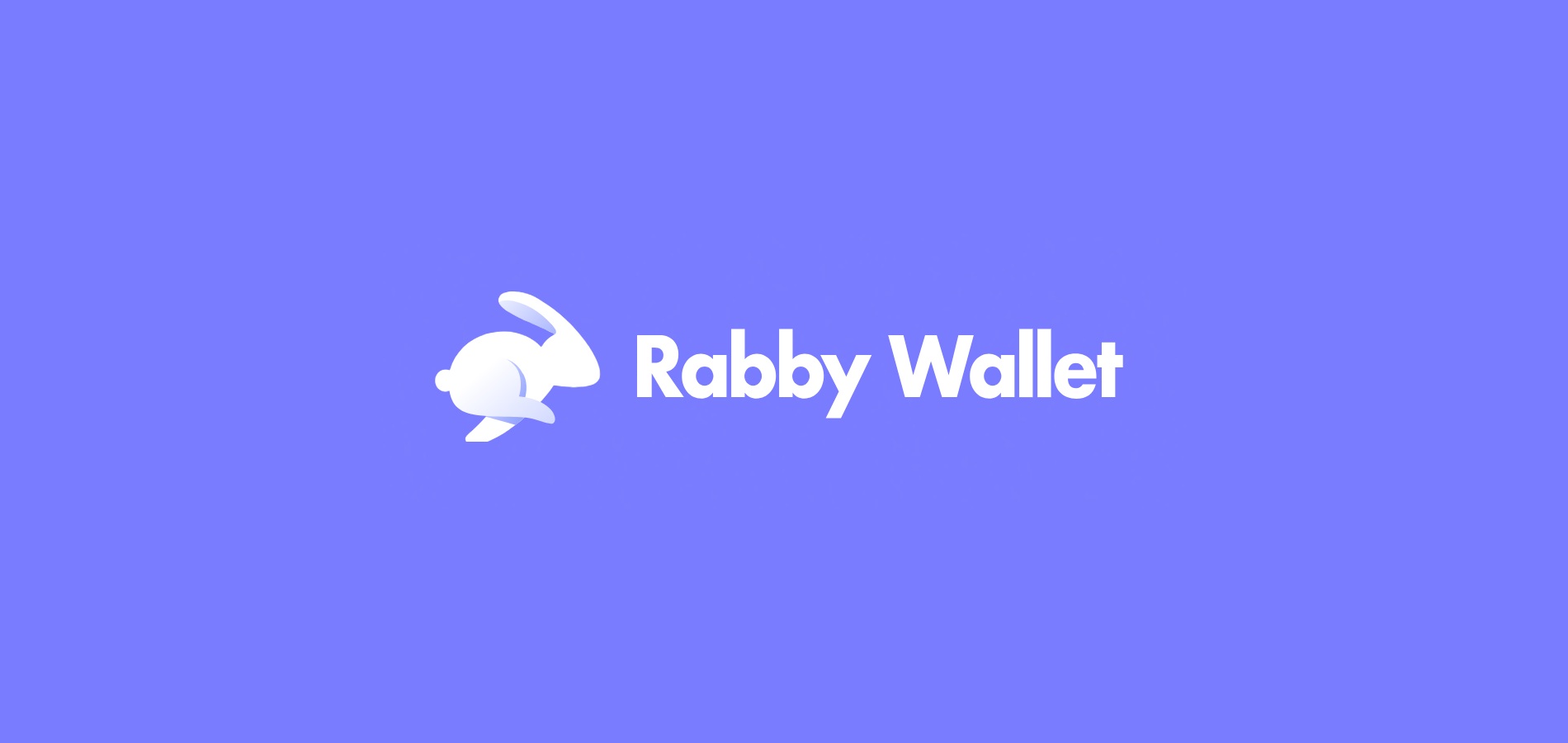Ever had that nagging feeling something’s off about your crypto wallet? Yeah, me too. Wallets are like the front door to your digital assets, especially when you’re juggling multiple chains. It’s a wild west out there, and trust me, not every extension you click “install” on is built the same. Wow! The reality is, if you’re into DeFi and using a browser extension wallet, a security audit isn’t just a checklist item—it’s a lifeline.
Let me walk you through why I got hooked on the idea of multi-chain wallets and why security audits became a non-negotiable part of my crypto routine. Initially, I thought all wallets were basically the same—just different skins on the same tech. But then I started digging deeper and realized how much the architecture and audit process affect your safety. On one hand, you want convenience—you want to switch chains without breaking a sweat. Though actually, convenience can sometimes open doors for subtle vulnerabilities, which I didn’t appreciate until recently.
Seriously? Yeah, the browser extension environment itself adds layers of risk. You’re not just trusting the wallet app; you’re trusting the browser’s security model, the extension ecosystem, and the developers behind it. Browsers can be a target for malicious actors who want to hijack your keys or inject phishing scripts. Something felt off about extensions that didn’t undergo thorough audits or weren’t transparent about their security posture.
Okay, so check this out—multi-chain wallets like the rabby wallet extension are gaining traction because they streamline managing assets on Ethereum, BSC, Polygon, and more, all in one place. But this convenience is a double-edged sword. The complexity of supporting multiple chains means there’s a bigger attack surface. A bug in handling one chain’s transactions could compromise your whole stash.
Here’s the thing. A security audit isn’t just a rubber stamp. It’s a deep dive into the wallet’s code, testing how it interacts with different blockchains, and spotting those sneaky edge cases that could blow up your funds. Auditors usually simulate attacks, analyze cryptographic implementations, and scrutinize permission requests. But, I’ll be honest, not all audits are created equal—some are pretty superficial, and others are more like marketing tools.
My gut told me to look for wallets with publicly available audit reports and active bug bounty programs. That transparency signals confidence and commitment to security. Plus, updates matter—a wallet that’s audited once and then left to rot is a sitting duck. I’ve seen projects launch with fanfare but then get abandoned, leaving users vulnerable to newly discovered exploits.
Now, a quick tangent—have you ever noticed how some browser wallets overload permissions, asking for access that seems unrelated to their function? That’s a red flag. Over-permissioned extensions can potentially siphon more data than you realize. It’s like inviting someone into your house and then realizing they have keys to every room. Not cool.
Back to audits—what about the multi-chain aspect? Well, supporting several chains means the wallet’s internal logic has to handle different transaction formats, fee structures, and consensus quirks. An audit looks for consistency and correctness across these variables. I remember reading a report where a certain wallet’s code miscalculated gas fees on a less popular chain, which could have caused failed transactions and lost fees. Small bugs, big headaches.
Also, browser extensions live in a peculiar security environment. Unlike mobile wallets, they rely heavily on the browser’s sandboxing and permissions model, which isn’t foolproof. A clever attacker could exploit vulnerabilities in the extension framework or even leverage cross-site scripting (XSS) attacks if the wallet’s UI isn’t hardened. That’s why audits must include penetration testing targeting the extension’s interaction with the browser.
Whoa! Another cool point: some multi-chain wallets integrate hardware wallet support, adding a physical layer of security. That’s neat because even if the browser extension is compromised, your private keys stay offline. But integrating hardware wallets isn’t trivial—it requires careful handling of communication protocols and transaction signing to avoid introducing bugs. A thorough audit covers these interactions too.
So, how do you pick a wallet that’s actually been audited well? First, look for detailed audit reports—preferably from reputable firms. These reports often highlight what was tested, what vulnerabilities were found, and how they were fixed. Secondly, check the wallet’s update frequency; active maintenance means they’re patching issues as they come. Third, community trust counts. If users report weird behaviors or security concerns, that’s a sign to steer clear or dig deeper.
Here’s something that bugs me—some wallets tout “security by obscurity,” meaning they don’t open their code or audit results to the public. That’s a no-go in my book. Transparency is key in crypto. If you can’t peek under the hood, how do you know what’s running your keys? I’m biased, but open-source wallets with visible audits inspire more confidence.
Speaking from personal experience, I switched to the rabby wallet extension a while back because they combine multi-chain support with robust security practices. Their audits are public, and they engage with the community actively. Plus, the UX is surprisingly smooth for a security-first wallet—which is a nice bonus.

Check this out—having one wallet that’s been audited and can handle multiple chains is a huge time saver, but more importantly, it reduces the chances of user error. Juggling multiple wallets for each chain is a headache and increases risk since users might reuse passwords or mismanage keys. The security audit ensures that the wallet’s architecture mitigates these common pitfalls.
Why Browser Extension Security Audits Are Different (and Harder)
Browser extensions live in a tricky middle ground. They’re more exposed than native apps because browsers have loads of extensions installed, each with varying trust levels. Plus, browser security models differ—Chrome, Firefox, Brave—they all have their own quirks. Auditors have to test the wallet across these environments, which is no small feat.
There’s also the risk of supply chain attacks. Imagine an attacker compromises the extension’s update server or injects malicious code into a minor update. A solid audit will look at update integrity checks and developer workflows to minimize this risk. Honestly, I hadn’t considered this until a recent phishing scam targeted popular wallet extensions.
Hmm… On the flip side, the decentralized ethos of crypto sometimes clashes with centralized audit firms. Some projects delay audits because they fear exposing proprietary code. But I think embracing audits and transparency is the only way to build long-term trust. Initially, I thought audits would slow down innovation, but actually, they push teams to write cleaner, more secure code from the start.
Another nuance is how wallets handle user data. Even if private keys stay safely encrypted, some extensions might collect metadata or browsing habits without clear disclosure. Audits increasingly assess privacy policies and data handling practices, which is a welcome shift. After all, your wallet shouldn’t be a surveillance tool.
Okay, so if you’re a DeFi user who’s serious about security and convenience, investing time in picking an audited multi-chain wallet pays off. The rabby wallet extension is a solid candidate worth checking out, given their public audit reports and multi-chain prowess.
One last thought—no wallet is bulletproof. Security is a system, not a product. You still need good habits: strong passwords, hardware wallets when possible, and skepticism about unsolicited links. But starting with a wallet that’s been through the wringer makes a huge difference.
So yeah, if you haven’t looked into security audits for your browser extension wallet yet, now’s the time. Your crypto’s worth it.
